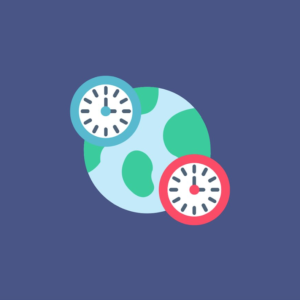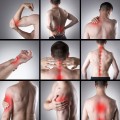
Jet lag is a circadian rhythm sleep disorder that happens when your internal body clock is out of sync with the external environment. This commonly happens during travel between time zones, but can also happen to night shift workers.
The disorientation, fatigue, and general sense of grogginess can take a toll on your body and mind, making it hard to function throughout the day. For this reason, it’s handy to have a strategy on how to sync up as efficiently as possible.
In Traditional Chinese Medicine, our philosophy is that to maintain homeostatic balance, we need to harmonise ourselves with the external environment: this means living and eating in accordance with the seasons, and the time zones.
With that philosophy in mind, there are some tips that we can utilise to help get us back on track as soon as possible.
Light Exposure:
Light is the most powerful influence on circadian rhythm, and strategic light exposure may help adjust your internal clock to avoid or reduce jet lag.
The effect on circadian rhythm depends on the level and timing of light exposure. Sunlight has the highest level of illumination and the strongest circadian effects. Indoor light, and even light from phones and laptops, can also influence circadian timing (which is why we suggest avoiding screen use at bed time).
Properly timed periods of both daylight and darkness can help sync your circadian rhythm with local time. When access to natural light is limited, bright indoor lights, your phone or computer, or even light therapy lamps, can deliver light exposure that will influence your circadian clock.
Exercise:
Engaging in exercise in the morning can be particularly effective for combating jet lag. Morning workouts expose you to natural light, kick-start your metabolism, and contribute to a sense of alertness throughout the day.
Avoid Vigorous Exercise Close to Bedtime, while regular exercise is beneficial, avoid intense physical activity close to bedtime, as it may have a stimulating effect that could interfere with sleep.
Hydration:
Dehydration can contribute to the nasty side effects of circadian disruption. Especially for those who lean hard on caffeine to help with staying alert. Make a conscious effort to drink plenty of fluids to avoid any exacerbation of symptoms.
It may seem pretty straight forward but when it comes to acclimating these tips really are priceless.
Book in with one of our practitioners today!
Liah




